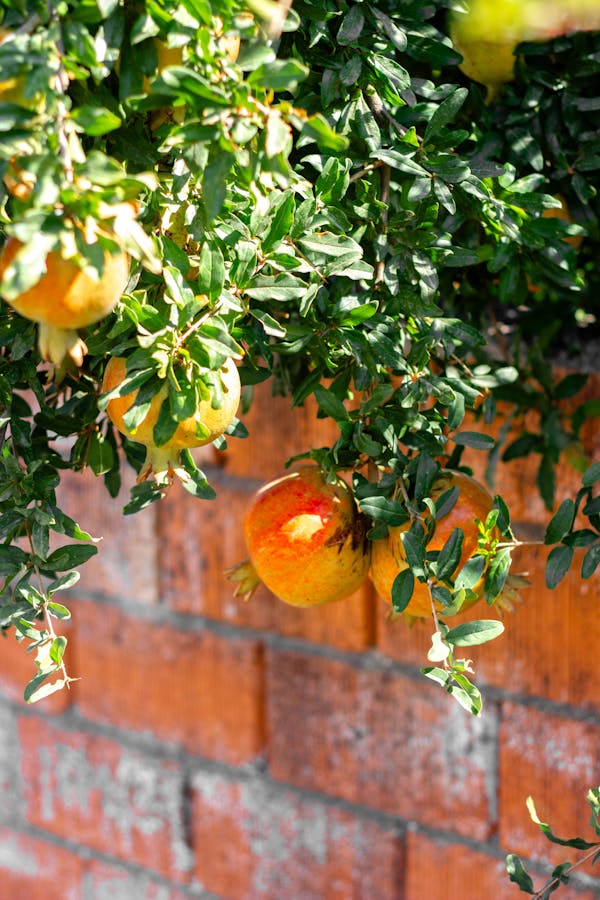Fruit flies are tiny, irritating pests that can turn any fruit-filled kitchen into a battleground. Their rapid reproduction and attraction to ripe or fermenting fruits make them a common problem in many households. In this article, we will explore the biology of fruit flies, effective prevention strategies, and control methods to help you manage these unwelcome guests.
The Biology of Fruit Flies
Fruit flies, scientifically known as Drosophila melanogaster, are small, winged insects commonly found around rotting or fermenting fruit. Measuring about 1/8 inch in length, they have a tan body with red eyes. Despite their small size, fruit flies can cause significant nuisance due to their ability to reproduce quickly.
Life Cycle and Reproduction
The life cycle of a fruit fly consists of four stages: egg, larva, pupa, and adult. Female fruit flies lay eggs on the surface of fermenting or rotting fruits. Within 24 hours, these eggs hatch into larvae, which feed on the fruit’s decaying matter. After several days, the larvae pupate and eventually emerge as adults, ready to continue the cycle.
Prevention Tips
One of the most effective ways to prevent fruit flies is by maintaining a clean kitchen. Regularly wipe down surfaces, especially where fruits and vegetables are stored. Dispose of overripe or rotting produce promptly and clean fruit bowls or countertops where fruit might be sitting.
Proper Fruit Storage
Store fruits in the refrigerator when possible, as fruit flies are less likely to infest cold environments. For fruits that need to stay at room temperature, consider using airtight containers to limit their exposure to fruit flies.
Control Methods
Creating homemade traps can be an effective way to control fruit fly populations. A simple trap involves using apple cider vinegar or wine in a small bowl. Cover the bowl with plastic wrap and poke small holes in it. The fruit flies will be attracted to the smell and enter the bowl, where they will be trapped.
Commercial Solutions
For a more intensive approach, consider using commercial fruit fly traps or insecticides. These products are designed to attract and kill fruit flies, providing a more aggressive solution for larger infestations.
Conclusion
Fruit flies may be small, but their ability to reproduce quickly and infest your kitchen can be quite bothersome. By understanding their biology, practicing good kitchen hygiene, and employing effective control methods, you can manage and prevent fruit fly problems effectively. Keep your kitchen clean, use traps when necessary, and stay vigilant to keep these pests at bay.

